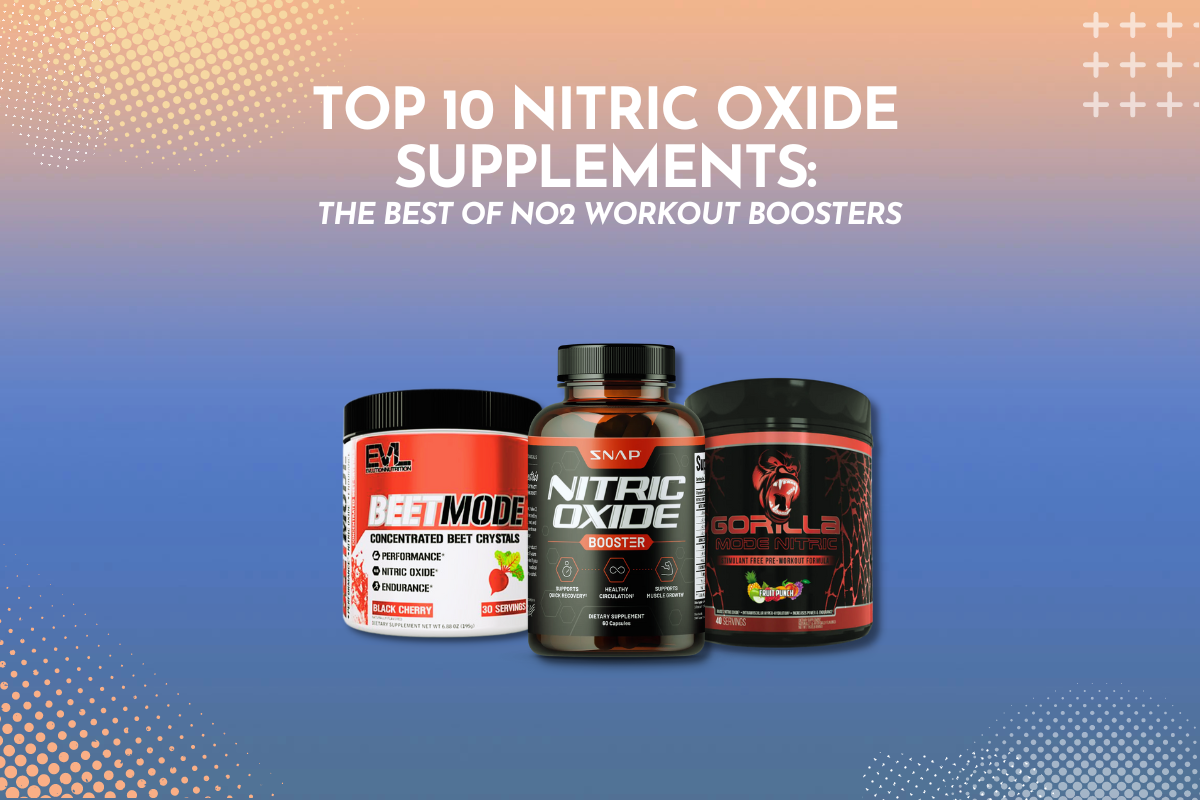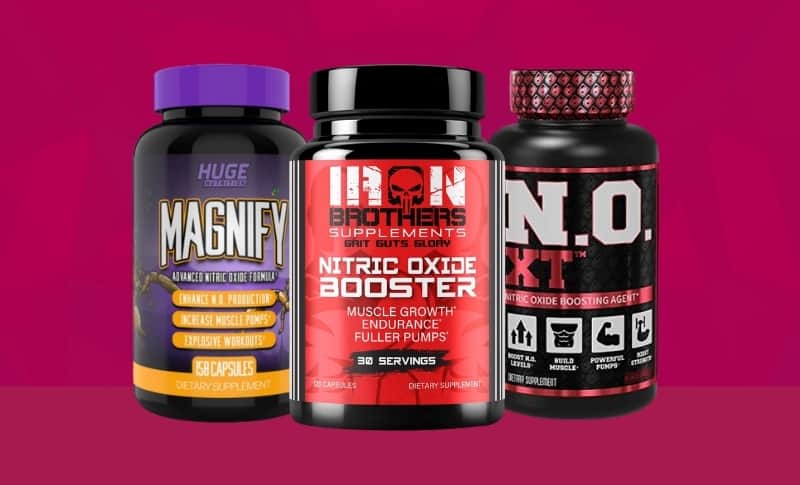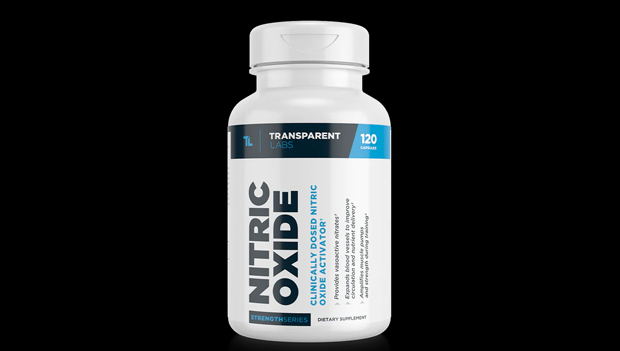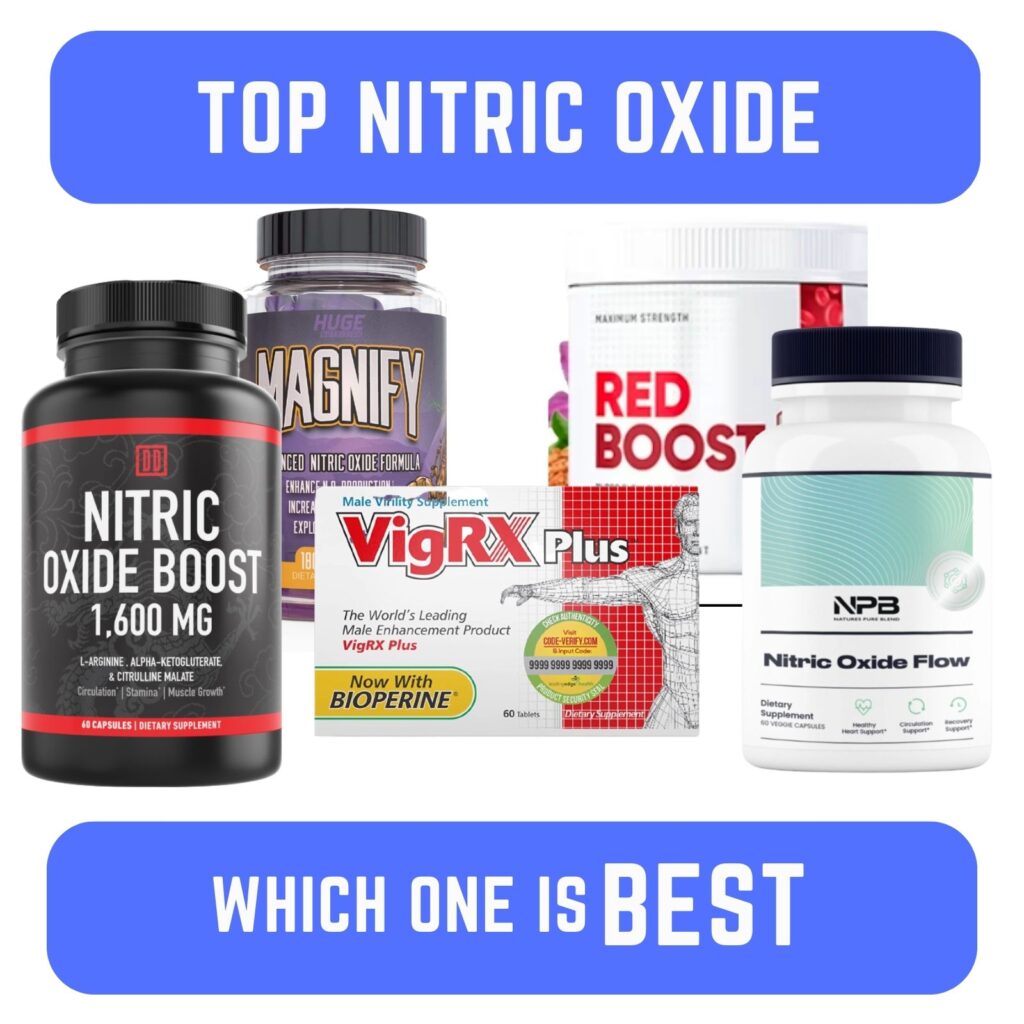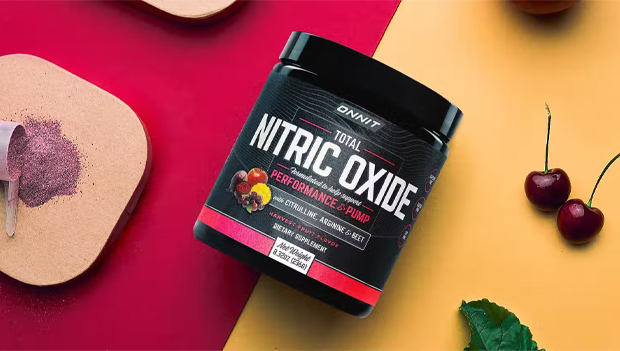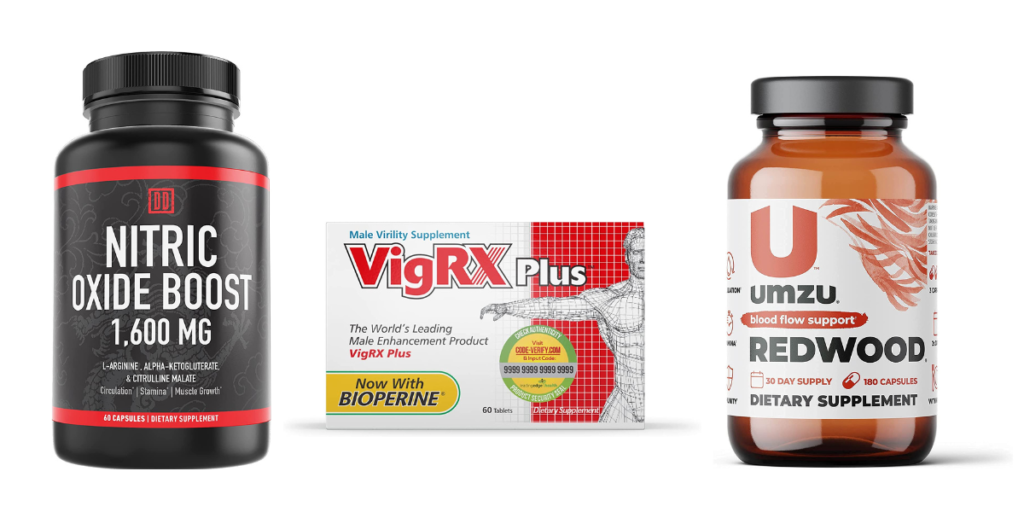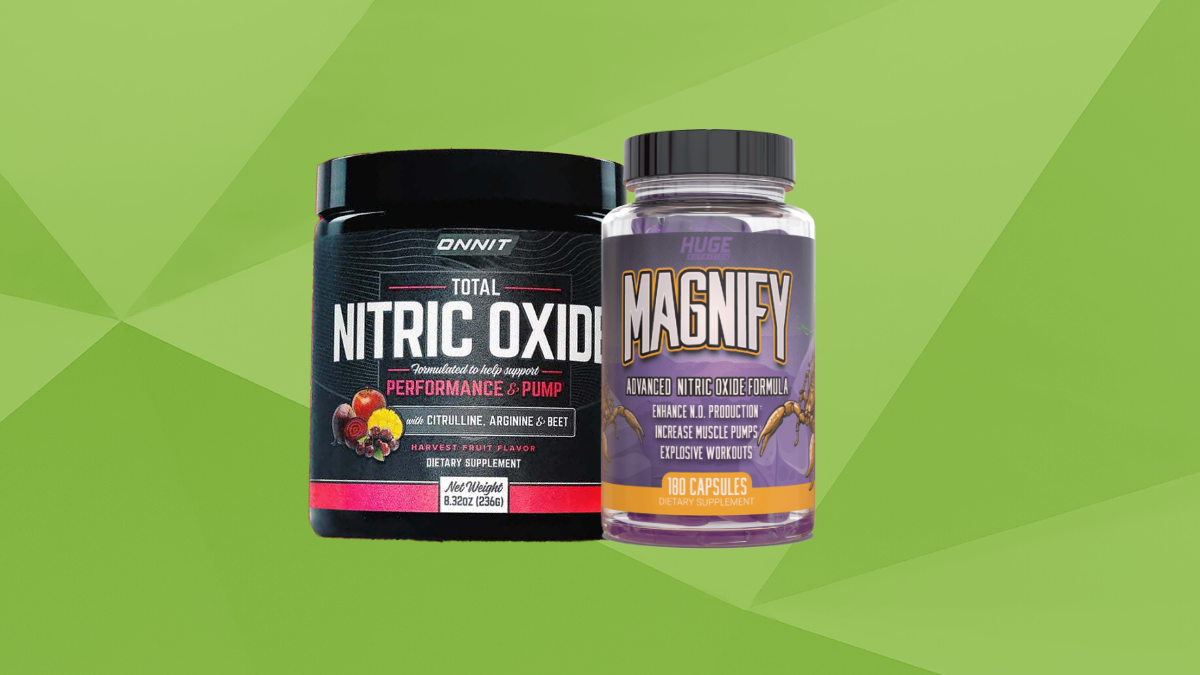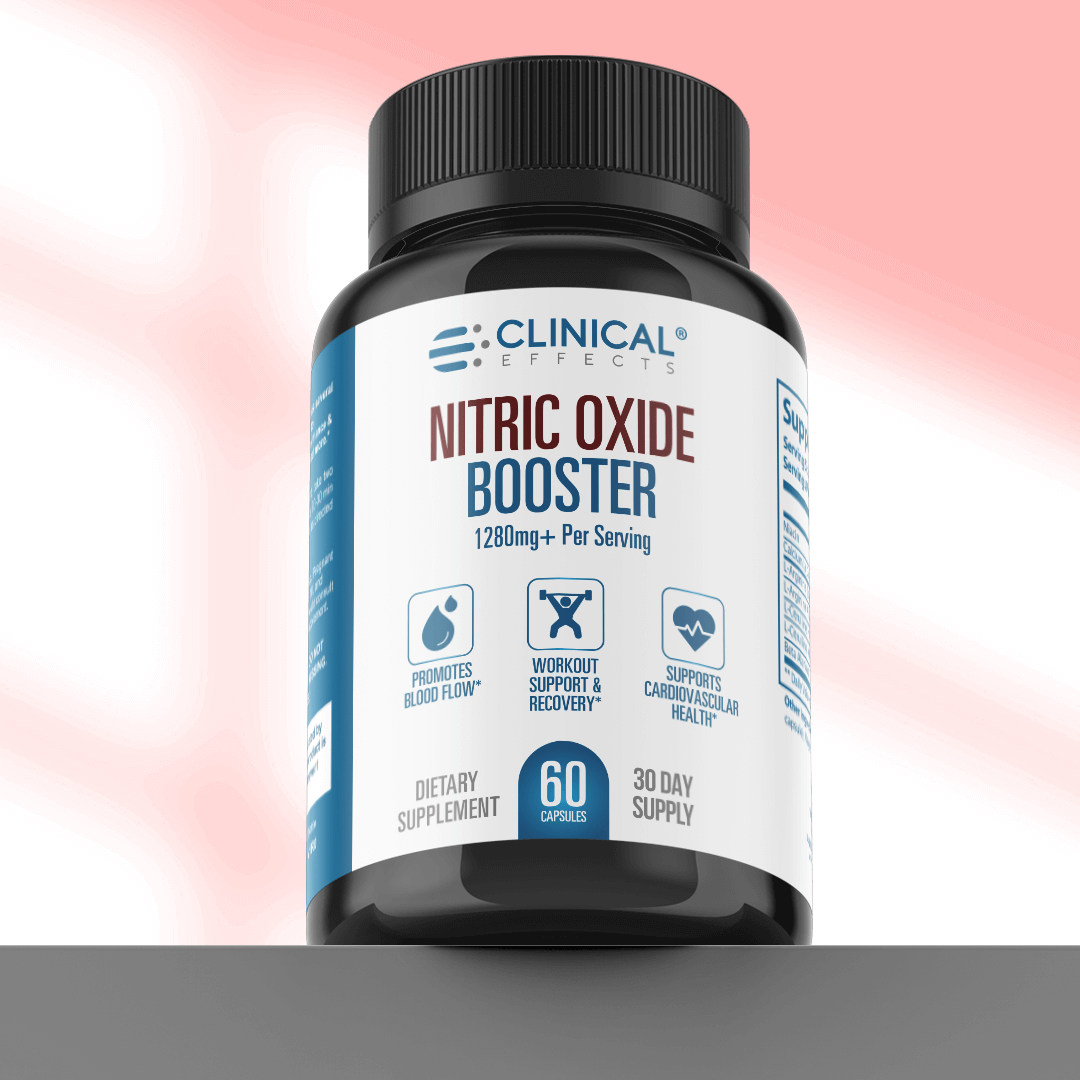When Is The Best Time To Take Nitric Oxide Supplements

Imagine this: the sun's first rays are painting the sky in hues of pink and gold, as you lace up your running shoes. You're about to embark on a morning workout, aiming to push your limits and achieve a personal best. But what if there was a way to enhance your performance, to feel more energized and recover faster? This is where the fascinating world of nitric oxide supplements enters the picture.
The optimal timing for taking nitric oxide supplements depends largely on individual goals, lifestyle, and the specific type of supplement. Understanding the nuances of how these supplements interact with the body is key to maximizing their potential benefits for exercise, cardiovascular health, and overall well-being.
The Nitric Oxide Advantage: A Primer
Before delving into timing, it's crucial to understand what nitric oxide is and why it matters. Nitric oxide (NO) is a molecule naturally produced in the body that plays a critical role in various physiological processes.
It primarily acts as a vasodilator, meaning it helps relax and widen blood vessels, leading to improved blood flow, oxygen delivery, and nutrient transport throughout the body, according to a study published in the Journal of the International Society of Sports Nutrition.
This vasodilation can lead to significant benefits, particularly for athletes and those seeking to improve their cardiovascular health.
The Body's Natural Production
The body produces nitric oxide from the amino acid L-arginine and L-citrulline. This natural production can be supported through a diet rich in nitrates, found in leafy green vegetables like spinach and beets.
However, factors like age, stress, and poor diet can reduce the body's natural ability to produce adequate levels of nitric oxide.
Supplementing for a Boost
This is where nitric oxide supplements come into play. These supplements typically contain L-arginine, L-citrulline, beetroot extract, or other compounds designed to boost nitric oxide production.
The effectiveness of these supplements can vary, and it's essential to choose reputable brands and consult with a healthcare professional before starting any new supplementation regimen.
Timing is Everything: Maximizing the Benefits
Now, let's explore the best times to take nitric oxide supplements for different purposes.
For Exercise and Athletic Performance
One of the most popular uses of nitric oxide supplements is to enhance athletic performance. The increased blood flow and oxygen delivery can lead to improved endurance, strength, and reduced muscle fatigue.
The general consensus is that taking a nitric oxide supplement 30-60 minutes before exercise is the most effective strategy. This allows the body enough time to absorb the ingredients and increase nitric oxide levels before the workout begins.
The increased blood flow during exercise can help deliver more nutrients to the muscles, potentially leading to improved performance and faster recovery.
According to research from the *National Institutes of Health*, timing your supplement intake strategically can significantly impact its effectiveness.
For Cardiovascular Health
Nitric oxide's role in vasodilation also makes it beneficial for cardiovascular health. Improved blood flow can help lower blood pressure, reduce the risk of blood clots, and improve overall heart function.
For cardiovascular benefits, the timing is less critical than for exercise. However, consistent daily use is key.
Many experts recommend splitting the daily dose into two servings, one in the morning and one in the evening, to maintain a consistent level of nitric oxide throughout the day. Consulting with a doctor is highly recommended before using nitric oxide for cardiovascular health, especially if you have existing heart conditions or are taking medication.
Before Bedtime
Some individuals take nitric oxide supplements before bed, believing it can promote better sleep and recovery. The reasoning behind this is that the increased blood flow can help deliver nutrients to the muscles and tissues while you sleep, aiding in repair and growth.
While there's limited scientific evidence to support this claim directly, some anecdotal reports suggest that it can be beneficial. It's important to note that nitric oxide supplements can have a stimulating effect on some individuals, potentially disrupting sleep. Therefore, it's best to experiment and see how your body responds before making it a regular practice.
Factors to Consider
Several factors can influence the optimal timing and dosage of nitric oxide supplements.
Type of Supplement
Different nitric oxide supplements have varying absorption rates and durations of effect. For example, L-citrulline is often preferred over L-arginine because it is better absorbed and converted into nitric oxide more efficiently.
Beetroot extract, on the other hand, contains nitrates that are gradually converted into nitric oxide, providing a more sustained release. Therefore, the type of supplement you choose can influence the timing of your dose.
Individual Metabolism
Metabolism plays a key role in how your body reacts to supplements. Individuals with faster metabolisms may need to take supplements closer to their workout time for optimal results.
Others might find that taking it earlier allows for a more sustained release of nitric oxide throughout their activity.
Dosage
Dosage is just as important as timing. Start with the recommended dose on the product label and gradually increase it as needed, while monitoring for any side effects. Higher doses aren't always better and can sometimes lead to adverse effects.
Potential Side Effects and Precautions
While nitric oxide supplements are generally considered safe for most people, it's essential to be aware of potential side effects. These can include headaches, flushing, dizziness, and gastrointestinal issues.
Individuals with low blood pressure should exercise caution, as nitric oxide can further lower blood pressure. It's always advisable to consult with a healthcare professional before starting any new supplement, especially if you have any underlying health conditions or are taking medications.
Beyond Supplements: Natural Ways to Boost Nitric Oxide
While supplements can be helpful, there are also natural ways to boost nitric oxide production. Eating a diet rich in nitrates, found in leafy green vegetables like spinach, kale, and beets, is a great way to support the body's natural production of nitric oxide.
Regular exercise also stimulates nitric oxide production, as does spending time outdoors in the sun. Sunlight exposure helps the body produce vitamin D, which plays a role in nitric oxide synthesis.
Combining these lifestyle factors with strategic supplementation can provide a synergistic effect, maximizing the benefits of nitric oxide for overall health and performance.
The Takeaway
The best time to take nitric oxide supplements depends on individual goals, the type of supplement, and personal preferences. For exercise, 30-60 minutes before is often ideal. For cardiovascular health, split doses throughout the day may be beneficial.
Always consult with a healthcare professional before starting any new supplement and be mindful of potential side effects.
Ultimately, listening to your body and finding what works best for you is key to unlocking the full potential of nitric oxide supplements and achieving your health and fitness goals.
